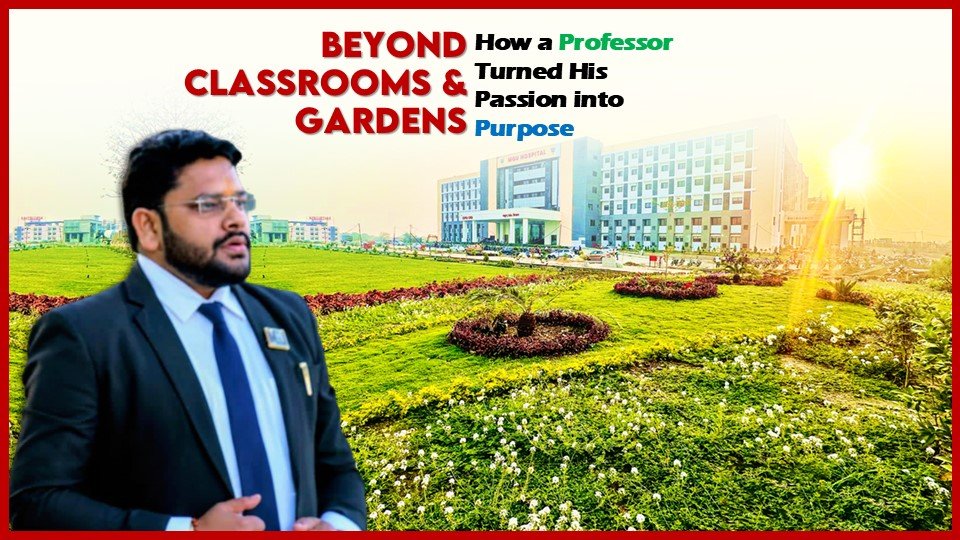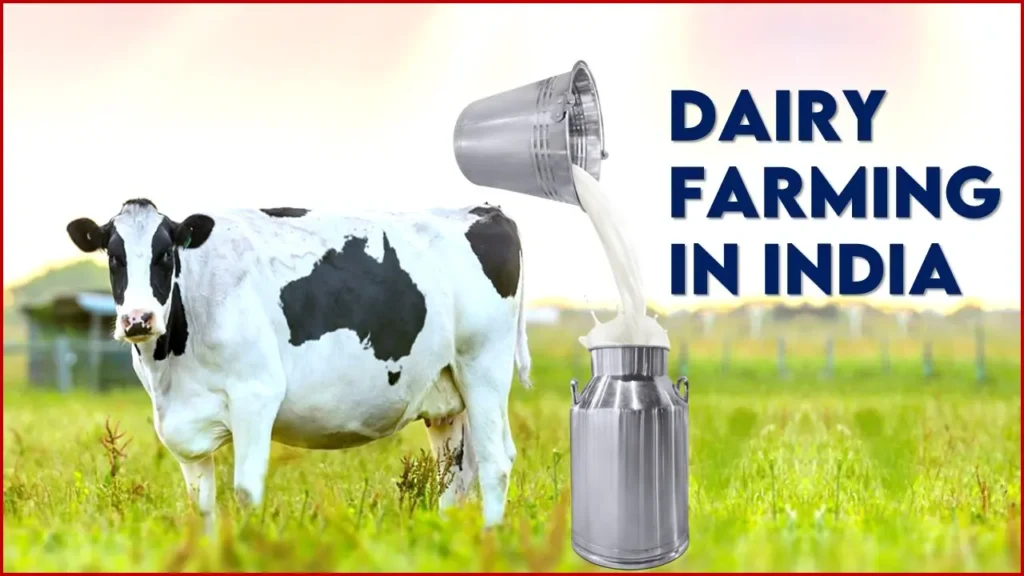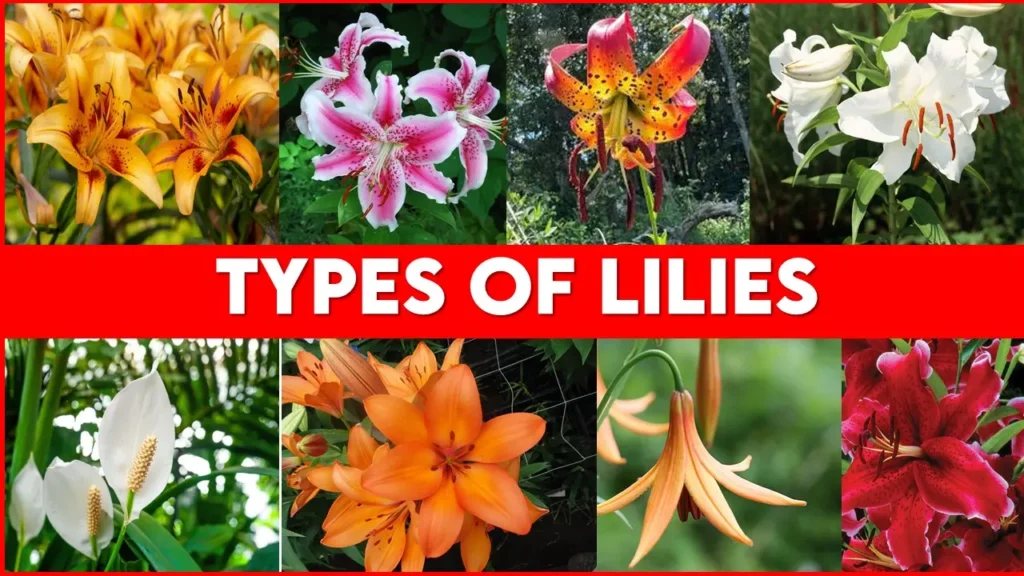Note- This article is based on Discussion with Dr. Devesh Pandey, Dean- Faculty of Agricultural Science & Technology at Mansarovar Global University on his journey from academic excellence to transforming landscapes through design.
Q1. Every journey has a beginning. How did yours start — from studying floriculture to becoming Dean and leading creative landscape projects?
A: I hold a Ph.D. in Floriculture and Landscape. Along with my academic journey, I have been actively involved in teaching, research, and practical projects that connect environmental science with real world applications.
Q2. What inspired you to pursue floriculture and landscaping design?
A: From a young age, I was fascinated by plants, open spaces, and the way greenery transforms our surroundings. Over time, this interest grew into a deep passion for creating spaces that are not only beautiful but also healing and sustainable.
Q3. Before joining the college, where did you work to gain experience? How did that experience influence you?
A: Before joining college, I worked with NHAI and the Tata Group, specifically in the Horticulture Departments of Tata Steel and Tata Motors. Working with that organization was a great start to my professional journey. I learned a lot from those projects — especially about plantation management, large-scale landscaping, and the practical aspects of gardening. This hands-on experience greatly strengthened my foundation in landscape planning and deepened my understanding of the field.
Q4. Many people prefer government jobs after their studies. Why did you choose a different path?
A: Being a Ph.D. scholar in Floriculture, I always had a passion for teaching and guiding students. I wanted to give them practical exposure to every aspect of floriculture and landscaping. After my experience with NHAI and TATA group, I realized that my true calling was in academics — to share knowledge, inspire students, and help them connect theory with practice.
Q5. How did you get the opportunity to design the landscape of this college campus?
A: Honestly, I hadn’t expected such an opportunity, but by God’s grace, it came my way. As the Dean of the Faculty of Agricultural Science & Technology, the leadership of Mansarovar Global University recognized my potential and entrusted me with the responsibility of developing and designing the landscape of the Medical College and Hospital campus. I gladly accepted the opportunity and began working on the project without involving any external landscaping firm — completing the design with the support of our dedicated team of gardeners.
Q6. How did the idea of redesigning the college landscape come about?
A: With an academic background in floriculture and a deep passion for the field, I have always wanted to apply my knowledge in a practical way. I believed that, with the expertise we have, we could create something unique and meaningful right on our own campus. This belief — that we could design and implement our vision ourselves — inspired me to take on this project.
Glimpse of designing Site
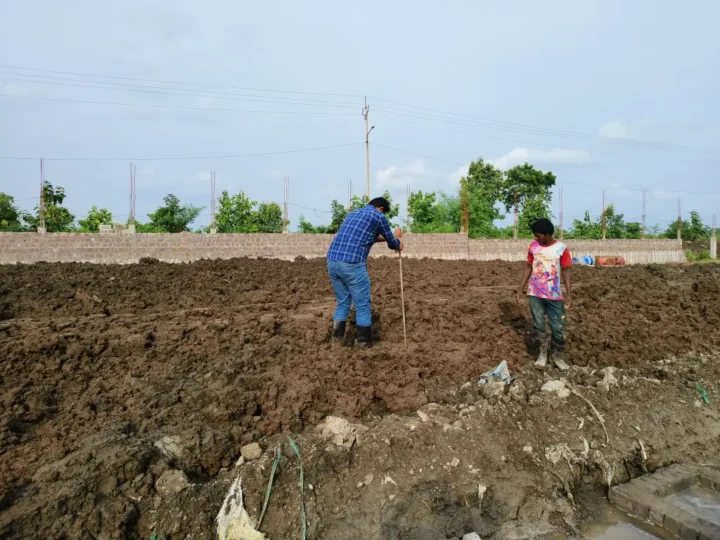
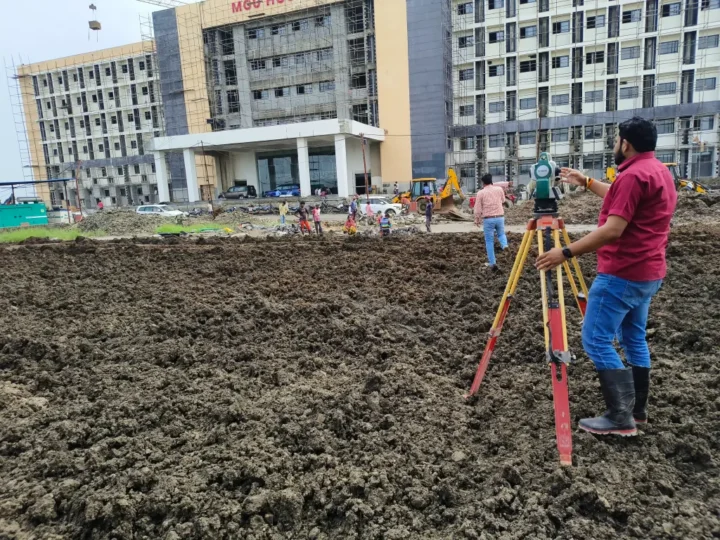

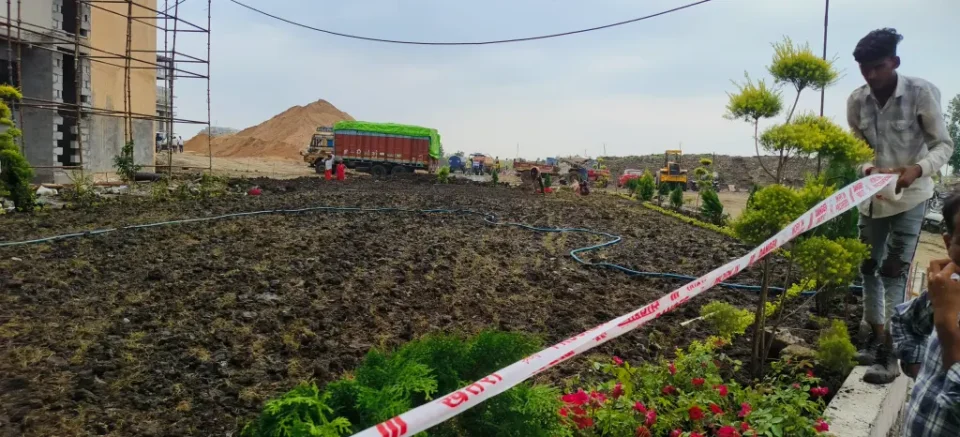
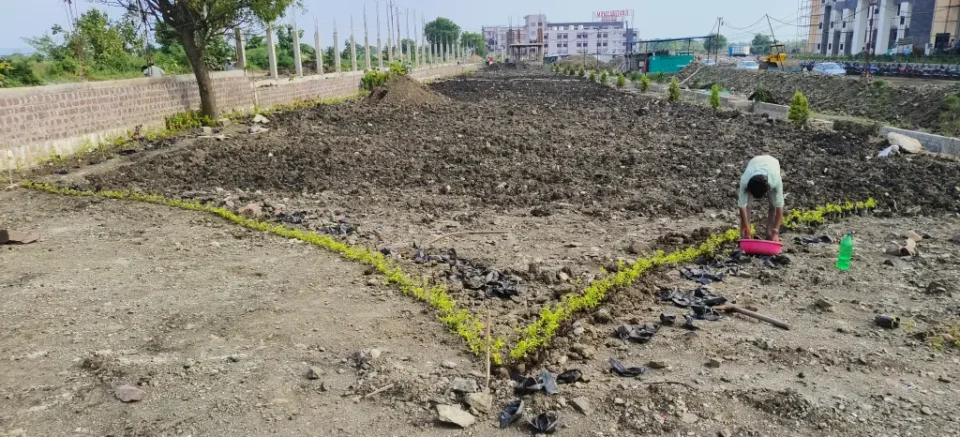
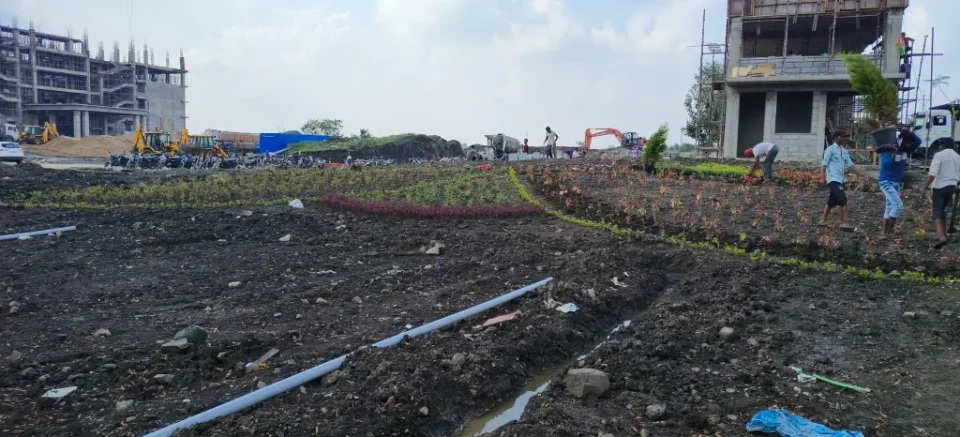
Q7. What were the biggest challenges you faced in terms of resources, time, and support?
A: Since we didn’t hire any professional landscaping firm, I was the only expert guiding our team of gardeners throughout the entire process. Ensuring timely execution was a major task. The most challenging part was carrying out the gardening work alongside the ongoing civil construction — which was both a difficulty and a unique aspect of this project. Usually, landscaping is done after the completion of construction, but in this case, I designed it simultaneously with the civil work. In addition, the limited water supply posed another challenge, as water is crucial for maintaining gardens and lawns. Despite these obstacles, our team’s dedication and strong belief in the project helped us complete it successfully.
Q8. What were the major steps you followed in designing the landscape?
A: The process began with a detailed study of the site to understand its soil conditions, slope, and available natural resources. Based on this assessment, I developed a master plan that aligned with the institution’s vision of creating a green and healing environment. The next step was selecting plant species that could thrive in the local climate while requiring minimal maintenance. Once the plan was finalized, I focused on designing functional spaces — including walkways, themed gardens, and serene healing corners — to enhance both the beauty and utility of the area. Throughout the project, I personally supervised the execution and implemented a proper maintenance strategy to ensure the long-term sustainability of the landscape.
Q9. Is there any memorable incident from this project that stays close to your heart?
A: When you work with nature, you can never fully predict the outcome — and that’s what makes it so special. I still remember the day when the first seasonal flowers bloomed. I was on the lawn guiding the gardeners when I noticed patients and their families stopping to take pictures. People entering the hospital paused to admire the flowers, and for a moment, everyone’s faces lit up with joy. The entire atmosphere at the entrance felt alive and peaceful. That day, I realized that our hard work had truly made an impact. Seeing people smile and feel happy because of your efforts is one of the most rewarding experiences one can have.
Q10. How did the community react after seeing the completed project?
A: Honestly, I never expected the landscape to become such a center of attraction on campus. The response exceeded my expectations. Students, staff, patients, and visitors all shared how the greenery brought a sense of positivity and calm to the environment. Many mentioned that the campus now feels more welcoming, soothing, and truly connected to nature. It’s remarkable how plants, when nurtured with care and attention, can completely transform the energy of a place.
Q11. You completed this project without any external firm’s support. What motivated you to take it on yourself?
A: I’ve always believed that passion and knowledge should go hand in hand. If students from IITs and IIMs can build successful agri-startups using their technical skills, then why shouldn’t agriculture professionals use their own expertise to create something unique? When I received this opportunity, I saw it as the perfect platform to apply my knowledge and passion for landscape design. I wanted to demonstrate that with skill, vision, and commitment, we can achieve results that match — or even surpass — those of professional firms. Today, when I look at the campus, I feel proud that our hard work has not only enhanced its beauty but also set an example of what can be accomplished through dedication and self-belief.
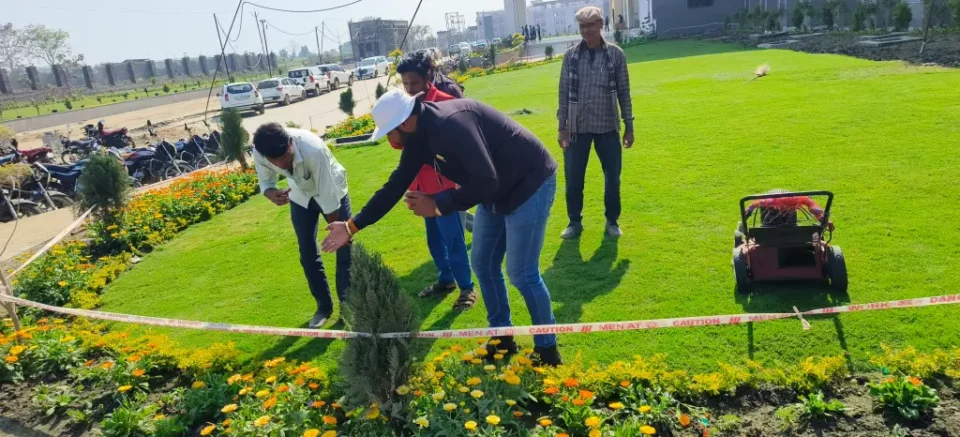
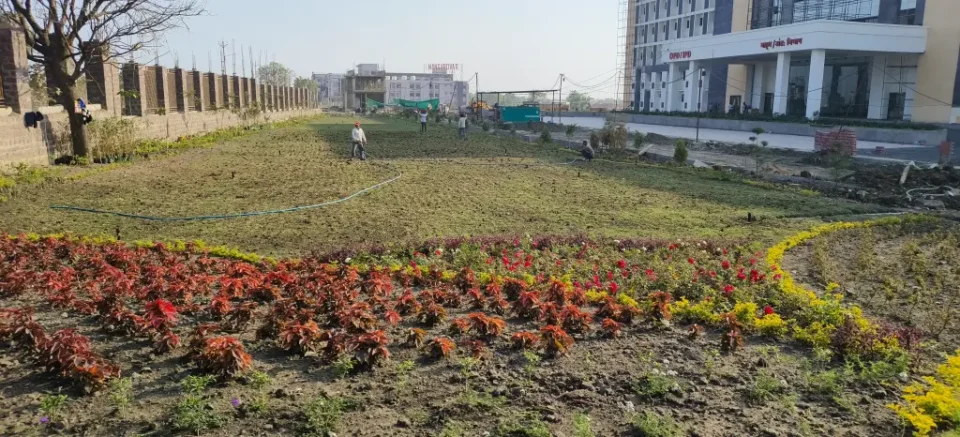
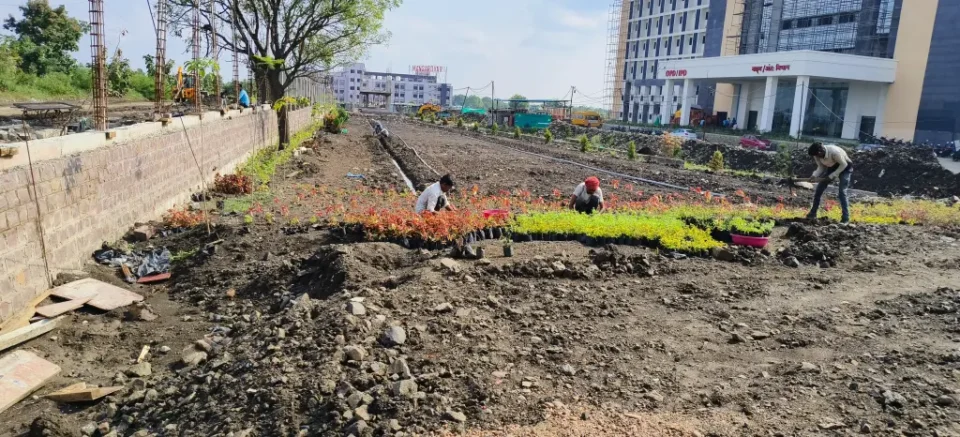
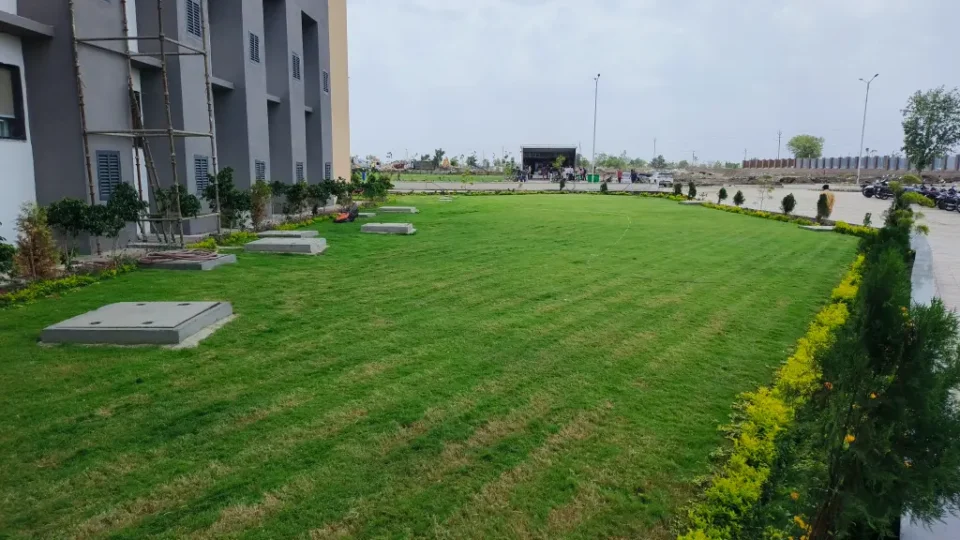
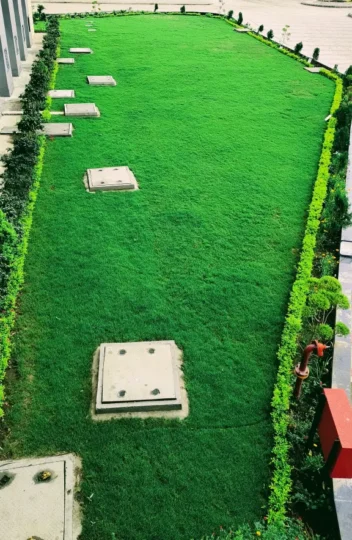
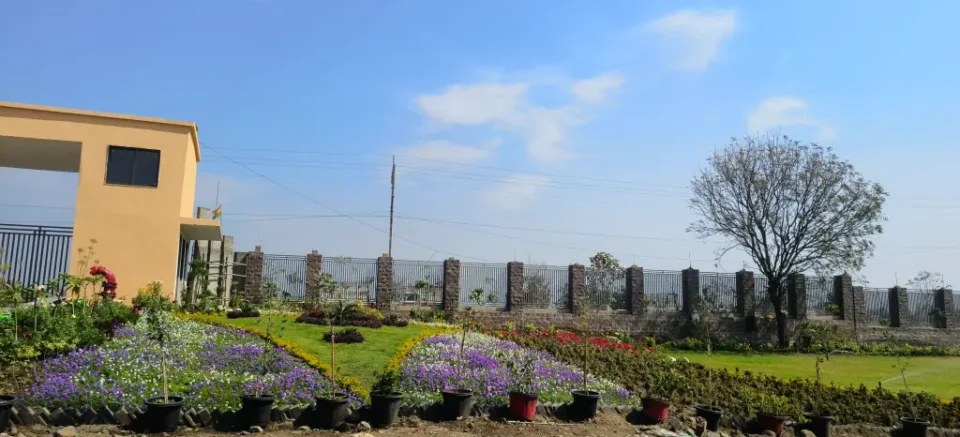
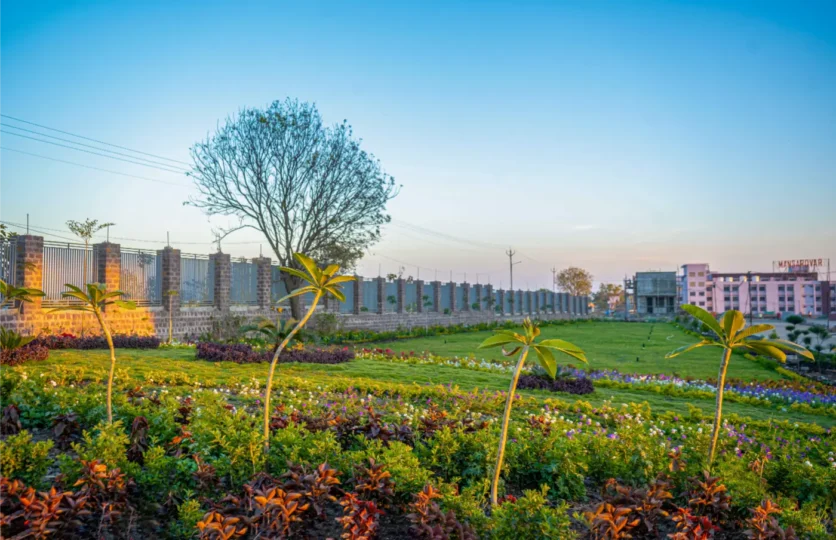
Q12. What challenges did you face during the project, and how did you overcome them?
A: You’ll relate to this — when you truly love what you do, it doesn’t feel like a challenge. Just like in sports or any activity you’re passionate about, others might find it difficult, but for you, it flows naturally. The same was true for me. Landscaping and design are my passion, so even though there were challenges, I never felt burdened by them. I enjoyed every step of the process, and that passion carried me smoothly through every hurdle.
Q13. In your view, what is more important today—skills or degrees?
A: Both education and skills have their importance, but in today’s world, skills definitely hold more weight. A degree provides knowledge and credibility, but it’s practical skills, creativity, and the ability to solve real-world problems that truly set you apart. Without these skills, even the best degree cannot make you stand out. The world values doers — people who can transform knowledge into action.
Q14. How do you balance your administrative role as Dean with your passion for landscaping?
A: That’s an interesting part of my routine. After finishing my classes and administrative work, I often visit the medical college campus to plan or supervise the landscaping activities. Sometimes I return home late at night, but I never find it tiring. I’m especially thankful to my family — without their support, it wouldn’t have been possible to complete this task. When you go through challenges, you’re not the only one striving; your family stands with you on that journey. When you’re building something meaningful, those struggles actually become your motivation. For me, it’s not extra work — it’s something I genuinely enjoy, especially with the encouragement and support of my loved ones. I would also like to specially thank the Chief Managing Director, Hon’ble Chancellor Ma’am, Chief Executive Director, and Pro-Chancellor Sir for trusting me and providing these opportunities.
Q15. Many IT students start Agri startups. What advice do you have for agriculture students who want to start their own ventures?
A: If you look around, many successful agri-startups today are founded by people from technical or business backgrounds. Yet, surprisingly, agriculture students — who study crops, soil, and farming systems — are often hesitant to take that step. Many prefer traditional paths like government jobs, and in doing so, they miss the opportunity to apply their knowledge creatively. My advice to young agriculture students is simple: develop your skills first. Once you have them, don’t be afraid to take risks or create something of your own. By starting something new, you’re not just building your career — you’re also creating opportunities for others. Agriculture holds tremendous potential, and the future belongs to those who combine knowledge with innovation and action.
Q.16-How do you encourage young people to follow their passion and execute their ideas?
In today’s challenging times, many students are actively seeking employment, but the reality is that only a small percentage succeed in securing jobs. One of the key reasons is the lack of relevant skills among job seekers. This challenge exists not only in the government sector but also in the private sector, where employers consistently look for skilled and capable individuals. Therefore, I strongly recommend that students focus on developing practical skills — in any field they are passionate about. I’m not saying everyone should learn landscaping, but rather, they should build expertise in their area of interest. For example, those interested in agriculture can explore value-added products or start small-scale ventures. Today, there is a growing demand for exotic fruits and vegetables such as strawberries, mushrooms, saffron, avocado, and dragon fruit. Emerging fields like hydroponic farming also offer great opportunities.
If someone is more inclined toward the digital world, they can even start their own e-commerce business to promote and sell regional products that may not be available across India. The possibilities today are endless — but the key to success is skill development. Without skills, it’s difficult to gain the confidence needed to take initiative or start something on your own. I strongly believe that whether you are already employed or still a student, you must develop practical skills. You can start with something small that relates to your interests or abilities. Once you begin, you’ll realize there are thousands of things you didn’t know before — and through that process, you may discover new ideas or opportunities to do something innovative. That’s why I strongly recommend learning and acquiring new skills. Skill development not only builds confidence but also opens doors to creativity and growth.
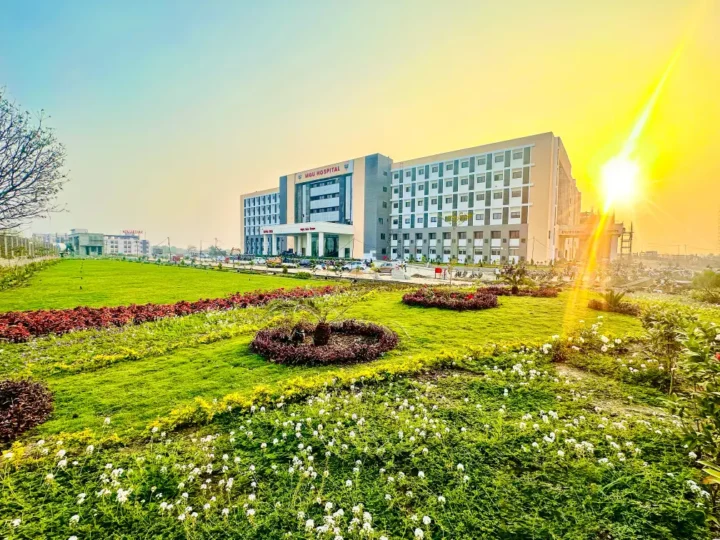
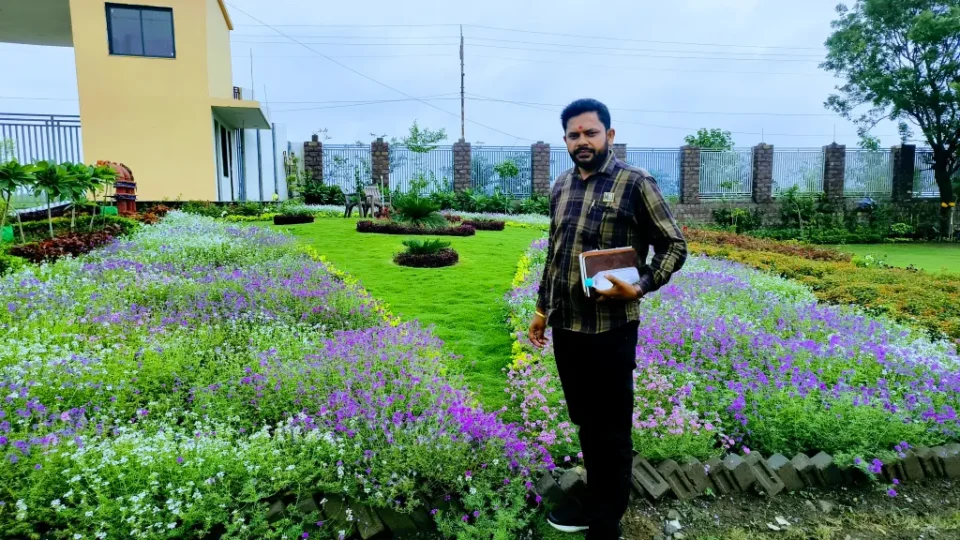

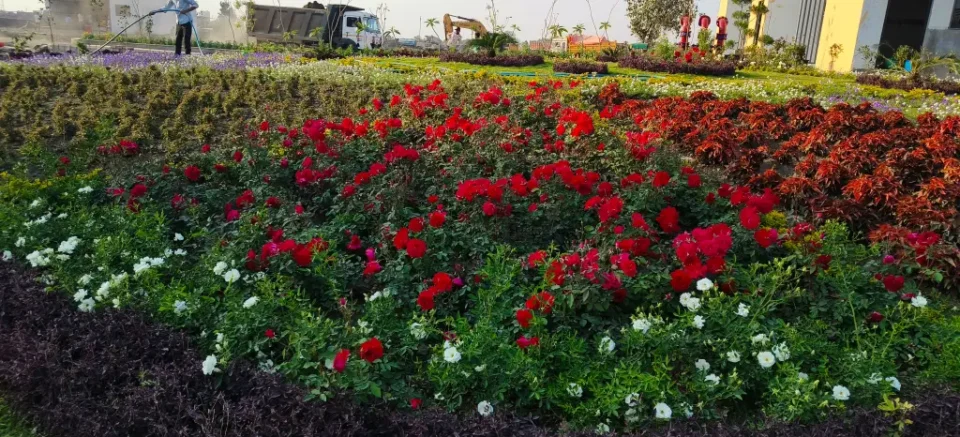
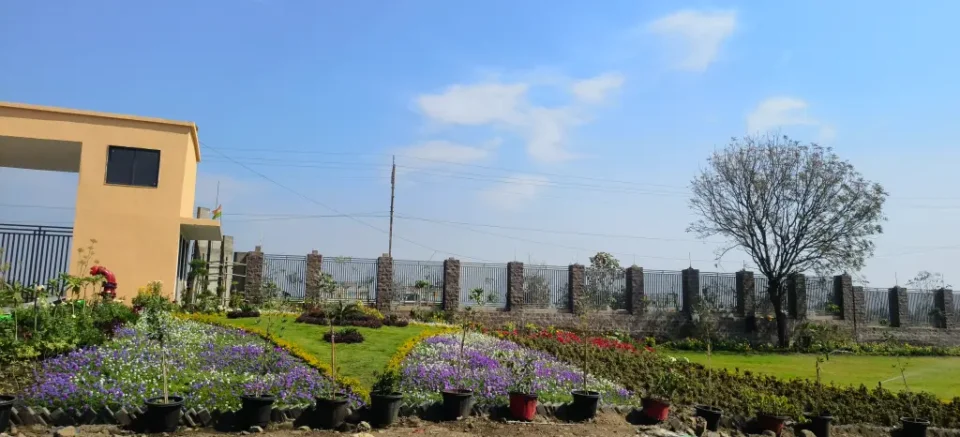
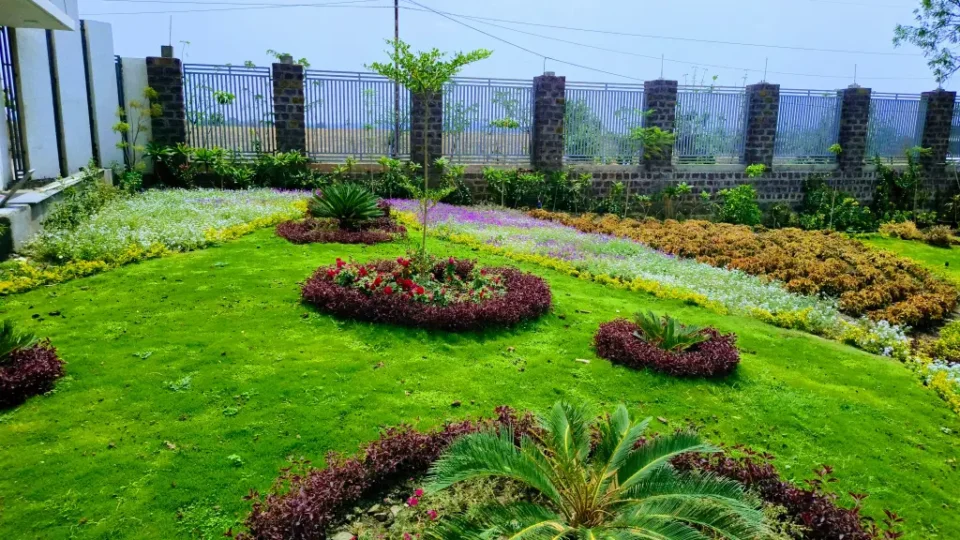

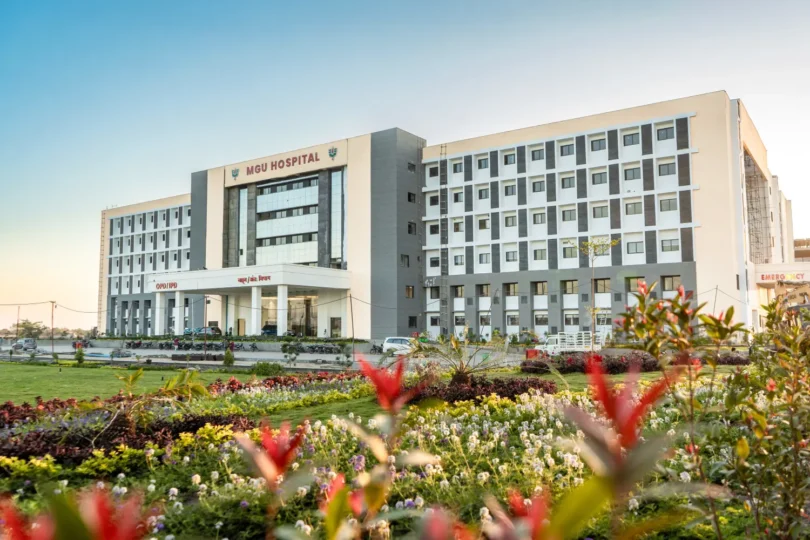
Q.17- What message would you like to give to students who are hesitant to follow their passion?
A: Many students hesitate to take initiative because they lack both knowledge and skills. Knowledge can be developed through study, but skills cannot be built without practical exposure. That’s why it’s important to apply what you learn — to build something, experiment, and gain hands-on experience.
You should also aim to develop a deep understanding of your field, because without sufficient knowledge, you won’t have the confidence to take action. Start by gaining theoretical knowledge, and then work practically to convert that knowledge into skill. Collaborating with experts or professionals in your field can also help you learn faster and more effectively.
19. Any suggestions you would like to give to young people who are willing to start their career in gardening?
A: Gardening is a broad and diverse field, and without genuine interest, it’s difficult to sustain yourself in this journey. It’s important to stay updated with the latest knowledge and design trends, especially those used in western countries, as observing them can inspire new ideas for your own landscape designs. I have also written a book titled “Green Environments: A Handbook of Modern Landscape Design,” which covers practical knowledge and techniques used in landscaping and gardening. Anyone who wants to learn the basics of gardening can start with this book. I always encourage young enthusiasts to begin with small efforts, as these small steps build confidence and pave the way toward achieving bigger dreams in the field of landscape design.
20: Any future projects or initiatives you are planning that our readers should look forward to?
A: Definitely. I would love to offer my consultation and expertise for any upcoming landscaping projects. Since I know my field well, taking on new projects is never a challenge for me — it’s something I truly enjoy. I’m always open to collaborating with agencies or organizations that need professional guidance in landscaping, and I’ve already provided consultations to several institutions. I strongly believe that knowledge becomes meaningful only when it’s applied. Landscaping is not something that can always be explained in words — it’s a form of art that must be experienced. For example, if I tell you that I’ll design an area using lawns and shrub borders, it may be difficult to visualize the final result. But as an expert, I can see the vision clearly and understand exactly how it will be executed to bring that design to life.
Latest Post
- Beyond Classrooms and Gardens: How a Professor Turned His Passion into Purpose
- Top 10 Pesticide Companies in the World
- Top 15 Fertilizer Companies in the World
- Top 10 Profitable Fruit Farming in India
- 15 Best Indoor Farming Business Ideas in India
- 25 Types of Agave Plants to Create a Whimsical Landscape.
- Indoor Plants with Flower : Top 15 Flowering Indoor Plants
- Roof Garden Design Ideas: Latest 15 to Elevate Urban Living
- Contract Farming in India : Advantage, Types, Successful Model
- Types of Tulsi Plant in India
- Top 15 Most Profitable Farming in India [2024]
- 25 Agriculture Business Ideas for 2025
- Top 15 Winter Flowering Plants in India
- 15 Different Types of Orchids in India
- Types of Jasmine Flowers : World of Fragrant
- Trees for Home Garden in India: Perfect 15 Choices
- Dairy Farming Business Idea : A Profitable Business
- Different types of Hydrangeas that make your garden more beautiful
- Why are Bonsai Trees so Expensive ? Some Crazy Facts Bonsai
- Types of Lilies in India: Some Beautiful Options for the Garden
- Types of Bamboo Plants: Different varieties and their uses


